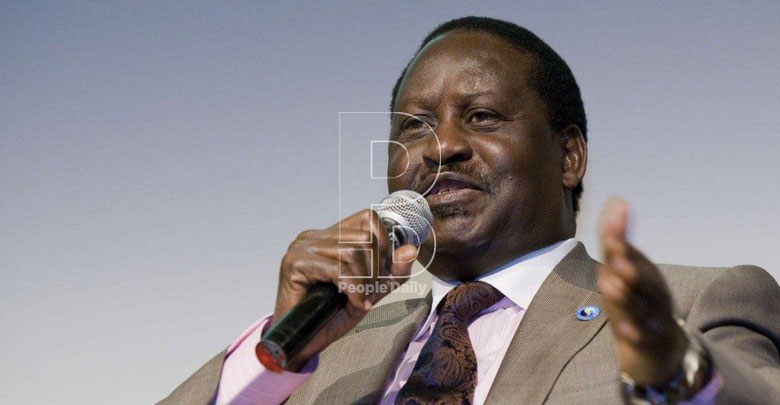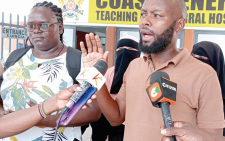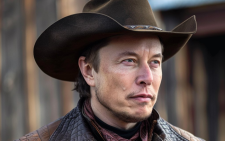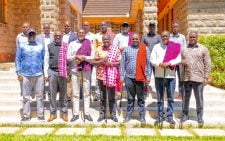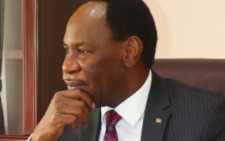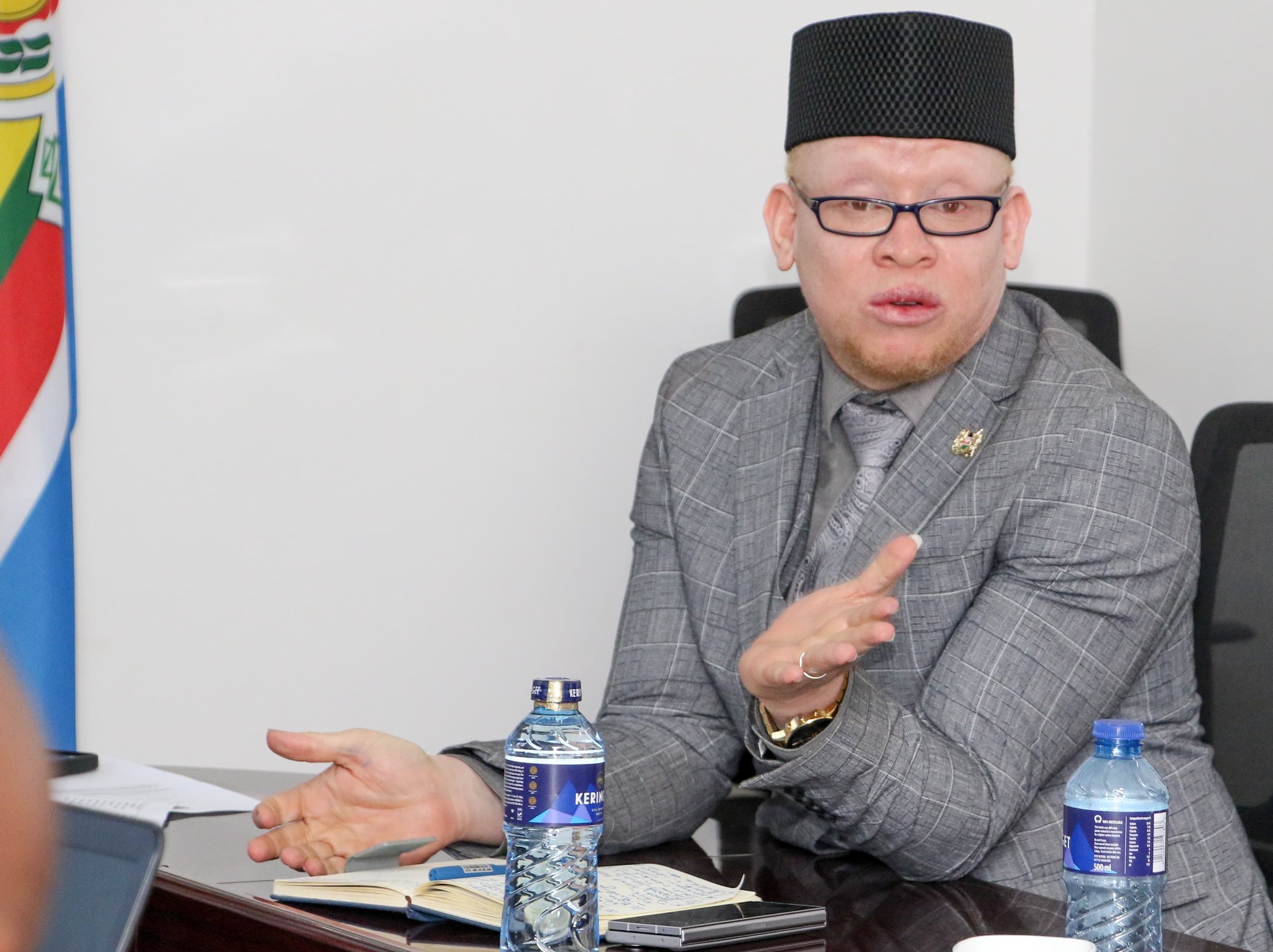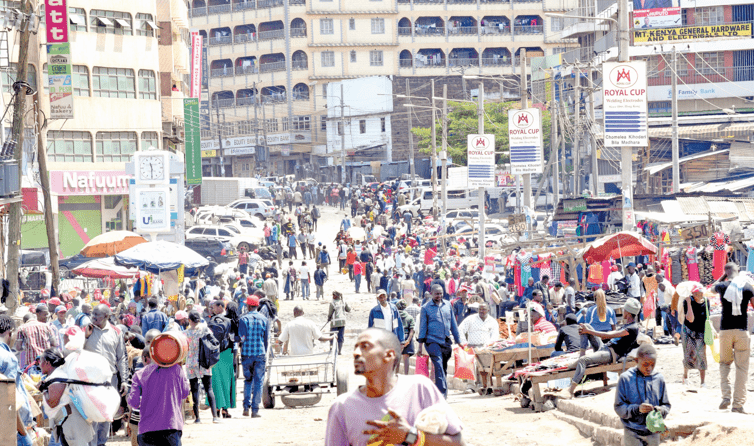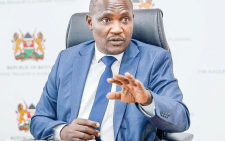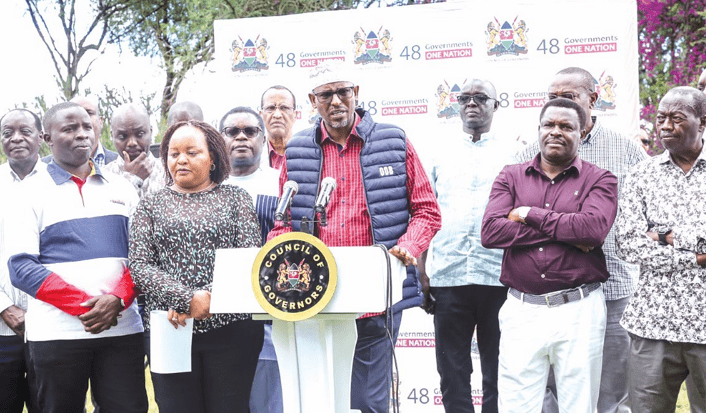Peace should be cornerstone of human interactions

I was born and raised in South Kivu in the Democratic Republic of Congo, a region scarred by decades of armed conflict, which ultimately led me to becoming a refugee in Uganda in 2016. Today, I am one of the pioneer peace fellows at the first Rotary Peace Center in Africa at Makerere University.
Through my fellowship, I have learnt about the intricacies of conflict resolution, from grassroots initiatives to national and international strategies, all of which play a central part in cementing our common humanity in our quest for world peace.
Peace is integral to the realisation of human rights. The more communities promote, protect and fulfil the fundamental rights of its people, the greater their ability to curb violence and resolve conflicts in a peaceful manner.
The 2022 theme for the International Day of Peace is “End racism. Build peace.” This is a clarion call to foster peace — and to dismantle the community, national and international structures that entrench division and conflict within our societies and our mindsets. Each individual deserves the right to live a free and secure life without fear, abuse or neglect, no matter their age, gender or ethnicity.
The International Day of Peace was established in 1981 by the United Nations General Assembly. In 2001, the General Assembly voted to designate the day as a period of non-violence and ceasefire.
Peace should be treated as the norm and the cornerstone of all our daily human interactions. When people work to create peace in their communities, that change can have a global effect.
In my social change initiative at Makerere, I focused on youth, conflict prevention and development where we acknowledge that the younger generation serve a dual purpose, as the driving force and engine of every country’s development but also as frontline perpetrators of violence, especially in political movements and rebel groups.
If the youth are empowered, mentored and given the knowledge and skills to participate in development at the grassroots level, they can transform communities, nations and the world.
After my peace studies programme at Makerere, I have brought together youth from more than eight countries represented here in Nakivale refugee settlement in the southwest of Uganda through games during a football peace tournament in June this year and a peace concert. This was a golden opportunity to share peace messages and to have honest and open-minded inter-generational discussions and discourage attitudes that bring conflicts. After the peace games, communities promised to foster strong relationships and to fight any kind of discrimination by considering mediation in any conflict situation.
Peace can only be achieved when everyone takes responsibility to speak the language of peace and inherit its deeds regardless of one’s physical location.
Through our daily interactions, we need to alter cultural and societal norms that encourage violence by embracing the persons next to us and inviting them to the table to share messages of love, hope and respect to create change.
Each one of us should invest in lifelong friendships and networks that transcend political, cultural and generational boundaries and foster global understanding and respect.
We need more brothers in arms than ‘brothers’ who are armed. We have a peace ambassador in each one of us. We can all make a difference if we work together.
— Paul Mushaho is ICT entrepreneur Peace Fellow at the Rotary Peace Centre, Makerere University
